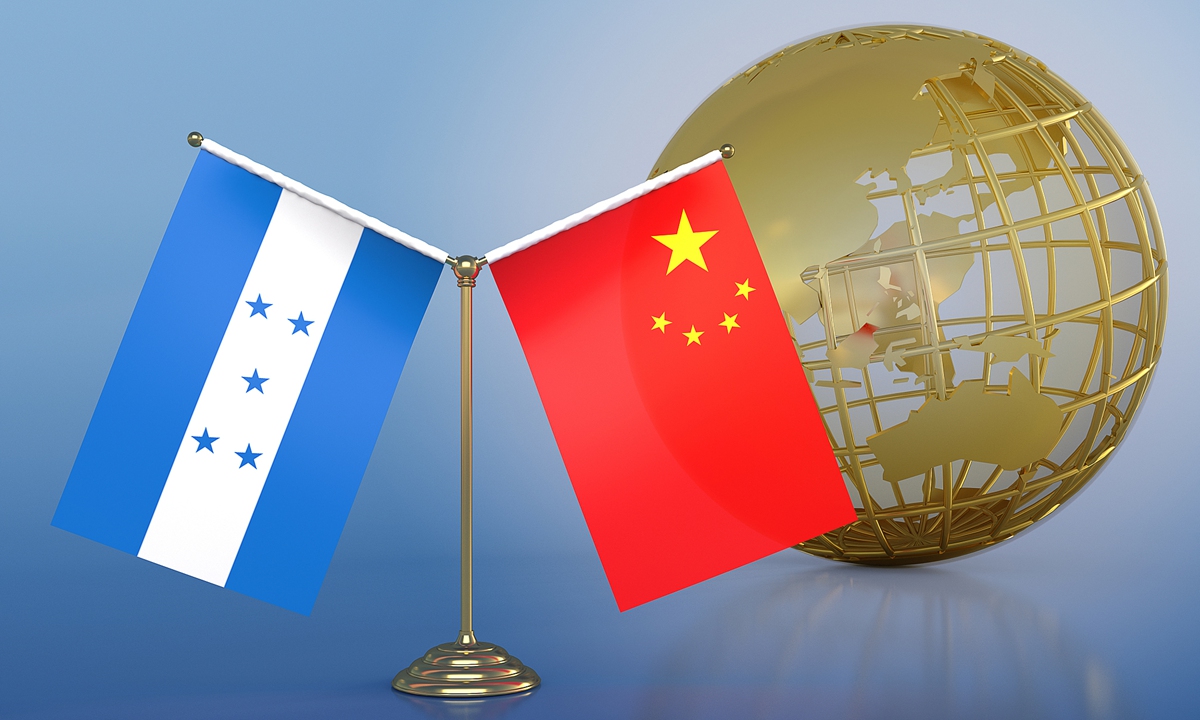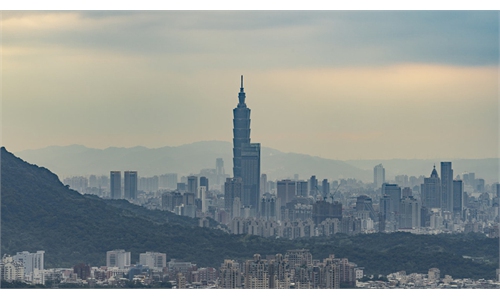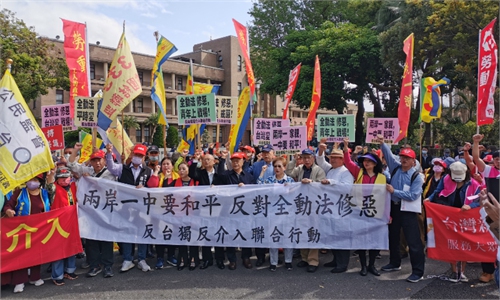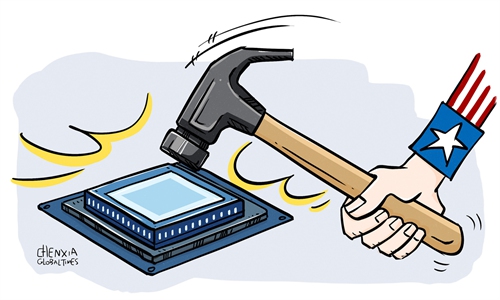
National flags of China, Honduras Photo: CFP
The US Special Presidential Adviser for the Americas, Christopher Dodd, on Friday started a trip to Central America with a stop in Honduras, which is widely believed to be a move aimed at pressuring the country and soothing the secessionist Democratic Progressive Party (DPP) authorities in the island of Taiwan.
On Wednesday, China said it welcomed the latest remarks by Honduran President Xiomara Castro, who said her country is seeking to establish diplomatic relations with China. Some experts believe that with Central American countries enjoying increasing dividends due to their cooperation with China, it is just a matter of time before the remaining countries sever "diplomatic ties" with the Taiwan island.
The move is nothing new - During the 2021 Honduras election campaigns, then-president candidate Xiomara Castro expressed a will to foster ties with Beijing. The US then sent a high-level delegation to the country before the election started to make clear that Washington expected Honduras to maintain "diplomatic" ties with Taiwan.
The US' obstruction is not surprising, Chinese observers said, underlining that the major historical trend is irreversible and the US' capability of manipulating Latin America is becoming weaker, while the secessionist agenda stemming from US collusion with the DPP authorities is becoming less and less popular.
According to the US State Department, Dodd will attend the 63rd Inter-American Development Bank annual meetings in Panama and meet with bank and regional finance leaders, as well as Panamanian officials. In Honduras, Dodd will meet with Honduran officials and private sector representatives. These visits advance the commitment of the US to foster inclusive economic growth, democracy, human rights, and rule of law in the Western Hemisphere.
It is unclear whether Dodd's trip, announced on Thursday, was pre-scheduled to include a stop in Honduras or made quickly in response to President Castro's tweet.
Chinese analysts shared the consensus that Dodd will use the visit to coerce Honduras to stop efforts of building official ties with China.
Li Haidong, a professor at the Institute of International Relations at the China Foreign Affairs University, told the Global Times on Friday that while the US is determined to carry on a strategic rivalry with China, Taiwan island is a key "chess piece" that the US must make efforts to soothe.
Since the US has long seen the whole of Latin America as its backyard, it is not surprising that it exerts pressure on or even coerces Honduras to maintain its ties with Taiwan island, as it has done before, Li said.
Central America is important for Taiwan to maintain its "diplomatic circle," and if Honduras severs ties with the island, it would "deal a very heavy blow" to the DPP authorities, Jiang Shixue, a professor with the Center for Latin American Studies at Shanghai University, told the Global Times.
The Honduras government's stance has triggered anxiety among the DPP authorities, which has "diplomatic relations" with 14 remaining countries.
However, the US and the DPP authorities cannot reverse the historical trend of more and more countries recognizing the great benefits of an official relationship with China and making the right choice, analysts said.
Also, obstructing Honduras cannot cover up the reality that US influence in the region is waning, and countries that have been long dissatisfied with US hegemony are standing up for their national interests, Li noted.
Since 2016, three regional countries - Panama, El Salvador and Nicaragua - have established or resumed diplomatic relations with China and received tangible development dividends as a result.
The US has been sticking to the Monroe Doctrine for a long time, viewing Latin America as its "backyard" and hindering regional countries from friendly cooperation with others.
When regional countries reach out for China, the US morbidly harnesses all possible resources to contain China's role in the region while gauging "China's intention" out of its narrow hegemonic mind, analysts said.
Li explained that China's intention can be seen in its proposal of a new type of international relations with win-win cooperation at the core and peace, development, fairness, justice, democracy, and freedom as the common pursuit.



